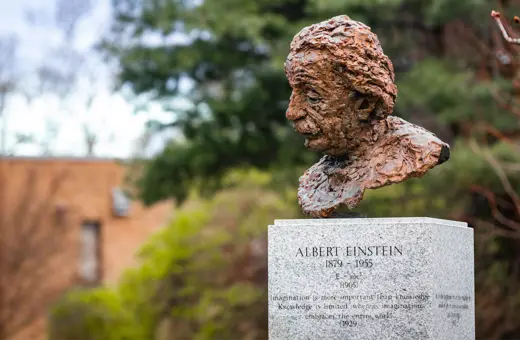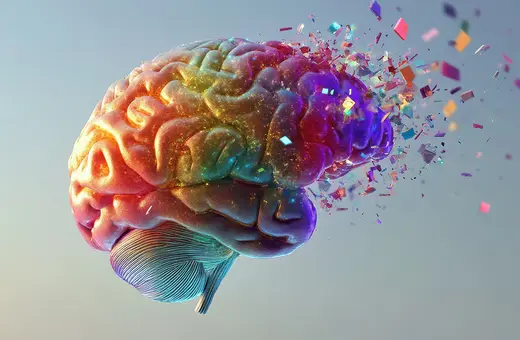The dualisms of mind and body, individual and community, have troubled Western philosophy for centuries. Jean Luc Nancy who died on August 23, aged 81, made it his mission to overcome them. Despite his incredible wide range of interests and prolific output, two key ideas always remained at the centre of his thought: The individual is meaningless without a community, and the self only makes sense as an embodied, social being, writes Peter Salmon.
People are strange. For the philosopher Jean-Luc Nancy, who died on August 23 at the age of 81, this was no platitude. As he himself noted, it was this strangeness which drove a career of thought not only onwards but outwards – over 200 books, in some of the most scintillating prose gifted to us by a philosopher, covering subjects as diverse as philosophy, literature, politics, film, sexuality, contemporary art, history, and most recently the coronavirus pandemic, that ‘all too human virus.’ It is no surprise that Nancy would explore the complications and implications of the pandemic, as a medical, cultural and political question. His work always sought to engage with contemporary issues – to him, this was a part of philosophy’s job. More than that, the human body – the body as human, the human as body – was the location where he carried out some of his most profound, controversial and revelatory work.
In philosophy, the split between analytic and continental philosophy often (although not always) breaks down fault lines centred around ideas of dualism, with analytic tending to privilege the idea of a separation between mind and body. How we are ‘in the world’, how we interrelate with all the other things that are (on a personal or collective level), and how the body operates in this milieu are of paramount interest to Nancy and drive his often ferocious and passionate deconstruction on some of our most common sense ideas about the relationship between mind and body. The other dualism he sought to break down was that of the community and the individual. Nancy would argue that these are not separate entities, nor in fact are they distinct – only thinking makes them so.
More than that, the human body – the body as human, the human as body – was the location where he carried out some of his most profound, controversial and revelatory work.
Central to Nancy’s work was his refusal to countenance the idea of the distinct, singular individual. As he argued in 2000’s Being Singular Plural, a singular being is a ‘contradiction in terms.’ In this he followed thinkers such as Heidegger and Levinas, but his arguments are both more primordial and more radical.
At least since Husserl, continental philosophy has problematized the idea of the Cartesian self, the subject/object dichotomy produced by Descartes’ proposition ‘I think therefore I am’, arguing in various ways that the primacy given to consciousness over our embodied self is not only false, but a reflection of the way philosophy (perhaps mistakenly) goes about its business. To think the world in this way – to consciously analyse the things around us and regard doing so as ‘how things are’ – is not how we actually encounter the world.
Rather, we are, in Heidegger’s phrase always already ‘in-the-world’, there is no consciousness which is established and then reaches outwards – our self encounters the world immediately. For Levinas, it was our encounter with others which establishes our ‘selves.’ In each of these cases there is, in some sense, a self which can be extracted – albeit only theoretically – from the world.





















Join the conversation